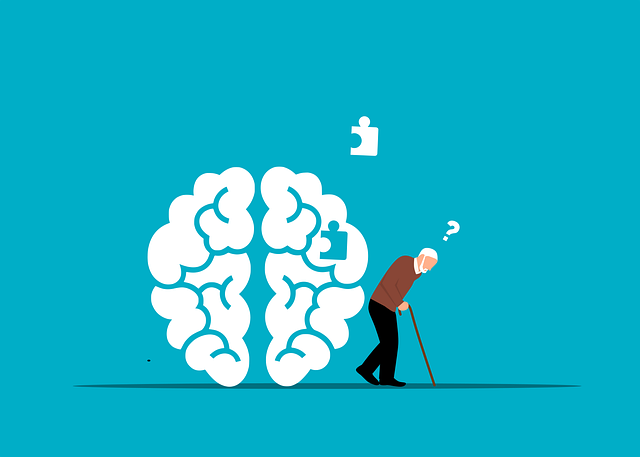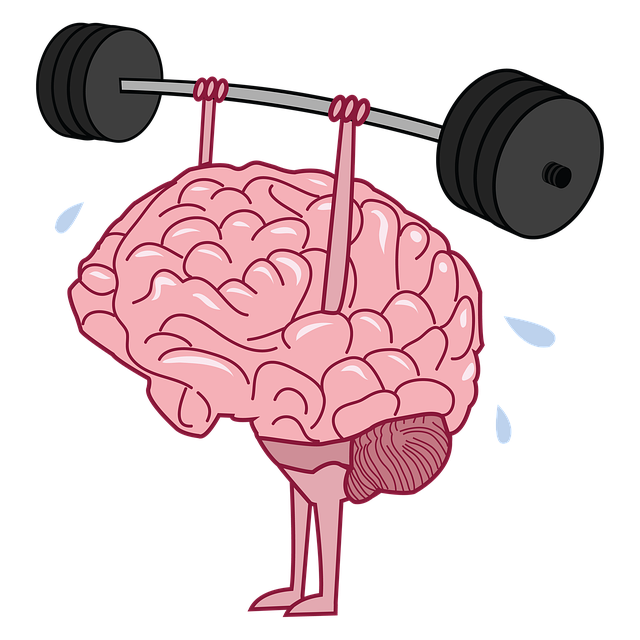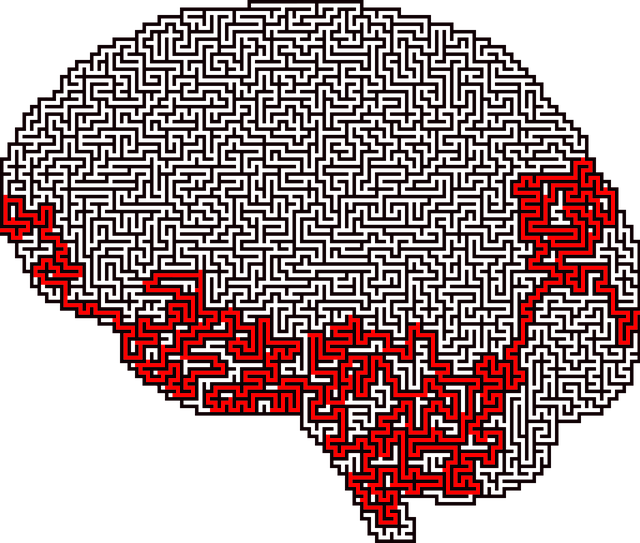Obsessive Compulsive Disorder (OCD) is a mental health condition characterized by intrusive thoughts leading to repetitive behaviors, impacting daily life and wellness. Diagnosed by healthcare professionals using DSM-5 criteria, early intervention with effective therapies like Exposure and Response Prevention (ERP), Cognitive Behavioral Therapy (CBT), and Social Skills Training is key. Stigma poses a significant barrier; community outreach programs and self-care routines help combat this. Supportive communities and policy changes, including promoting evidence-based therapies like therapy for adults OCD and integrating emotional intelligence, enhance mental well-being for OCD sufferers.
Mental health advocacy initiatives play a crucial role in raising awareness, reducing stigma, and improving access to quality care. This article delves into several key aspects of mental well-being, focusing on adult OCD—its symptoms, diagnosis, and the impact of stigma. We explore effective therapy approaches for treating this condition and emphasize the importance of building supportive community networks. Additionally, we discuss policy changes that can advance OCD awareness and access to evidence-based therapy for adults obsessive-compulsive disorder.
- Understanding Adult OCD: Symptoms and Diagnosis
- The Impact of Stigma on Mental Health Advocacy
- Effective Therapy Approaches for OCD Treatment
- Building Community Support Networks for Better Mental Well-being
- Policy Changes and Their Role in Advancing OCD Awareness
Understanding Adult OCD: Symptoms and Diagnosis

Obsessive Compulsive Disorder (OCD) is a mental health condition that significantly impacts an individual’s daily life and overall mental wellness. It manifests as intrusive thoughts or obsessions, leading to repetitive behaviors known as compulsions. Those affected may experience a range of symptoms, including excessive checking, cleaning, counting, or arranging, often driven by a desire for control or to alleviate anxiety.
Diagnosis involves a comprehensive evaluation by a qualified healthcare professional, typically a psychiatrist or clinical psychologist. This process includes a detailed assessment of symptoms, personal history, and potential triggers. The American Psychiatric Association’s Diagnostic and Statistical Manual (DSM-5) provides specific criteria for diagnosing OCD. Early intervention and therapy for adults with OCD, such as Exposure and Response Prevention (ERP) therapy, are crucial in managing symptoms effectively and improving overall mental health.
The Impact of Stigma on Mental Health Advocacy

Stigma remains a significant obstacle to effective mental health advocacy, especially when addressing conditions like Obsessive Compulsive Disorder (OCD). The societal label attached to mental health issues often deters individuals from seeking necessary therapy for adults suffering from OCD or other conditions, exacerbating their struggles. This internalized shame and external discrimination create a challenging environment for recovery and open dialogue.
In the context of Mental Health Policy Analysis and Advocacy, addressing stigma is crucial. Community Outreach Program Implementations that focus on raising awareness and promoting understanding can help dispel misconceptions. Furthermore, initiatives like Social Skills Training could empower individuals to challenge societal norms and reduce the impact of stigma. By fostering an inclusive environment, mental health advocacy can gain traction, encouraging more people to access treatment for OCD and other disorders.
Effective Therapy Approaches for OCD Treatment

Effective therapy approaches play a pivotal role in treating Obsessive Compulsive Disorder (OCD) among adults, aiming to alleviate symptoms and enhance overall well-being. One prominent method is Cognitive Behavioral Therapy (CBT), which has proven successful in addressing the cognitive distortions and behavioral patterns associated with OCD. CBT empowers individuals to challenge and modify unhelpful thoughts and actions, learning coping strategies to manage intrusive obsessions and repetitive behaviors. This therapeutic approach facilitates a deep understanding of the disorder’s underlying mechanisms, enabling patients to develop effective personal strategies for dealing with OCD symptoms.
Additionally, Social Skills Training has emerged as a valuable adjunctive technique. By participating in structured social interactions and role-playing scenarios, adults with OCD can improve their communication skills, build self-confidence, and foster healthier relationships, all of which contribute to better mental health. Self-care routine development is another essential aspect, focusing on promoting healthy habits such as regular exercise, adequate sleep, and stress management techniques. Stress Management Workshops organized by mental health organizations provide individuals with practical tools to cope with daily stressors, preventing them from exacerbating OCD symptoms.
Building Community Support Networks for Better Mental Well-being

Building supportive communities is a powerful tool for promoting mental well-being and fostering recovery. When individuals with mental health challenges feel connected and supported, they can navigate their journeys with increased resilience. Community support networks provide a sense of belonging, where people can share experiences, offer encouragement, and provide practical assistance when needed. This collective approach to mental health advocacy empowers individuals to seek help without fear of stigma or judgment.
One specific area where community support can significantly impact mental health is in the treatment and management of disorders like Obsessive-Compulsive Disorder (OCD). Support groups, for instance, offer a safe space for adults struggling with OCD to connect with peers facing similar challenges. Through sharing strategies for managing symptoms, these networks enhance emotional regulation and boost confidence in managing one’s inner strength. By combining professional therapy for adults with OCD and community support, individuals can achieve a greater sense of control over their lives and experience improved overall mental well-being.
Policy Changes and Their Role in Advancing OCD Awareness

Policy changes play a pivotal role in advancing awareness and understanding of Obsessive Compulsive Disorder (OCD) among mental health professionals and the general public. By implementing policies that support early intervention, evidence-based practices like therapy for adults with OCD, and improving access to specialized care, significant strides can be made in reducing the stigma associated with this condition. For instance, integrating emotional intelligence and conflict resolution techniques into mental health curricula ensures that professionals are equipped to handle OCD’s complexities with empathy and understanding.
Moreover, risk management planning for mental health professionals becomes crucial when dealing with OCD cases due to their heightened vulnerability to burnout and secondary trauma. Adequate policy frameworks should promote work-life balance, supervision, and peer support systems, fostering an environment conducive to effective treatment delivery. This collective approach not only benefits individuals struggling with OCD but also strengthens the overall mental health ecosystem.
Mental health advocacy plays a pivotal role in tackling the challenges faced by individuals with Adult OCD. By increasing awareness through policy changes and community support networks, we can reduce the stigma surrounding mental health issues. Effective therapy approaches, such as exposure and response prevention (ERP), have proven successful in treating OCD. Navigating these initiatives collectively fosters a more inclusive and supportive environment, ultimately enhancing the well-being of those affected by this disorder. Remember that, with the right resources and understanding, recovery is attainable, and every step towards advocacy brings us closer to a world where therapy for adults with Obsessive Compulsive Disorder is widely accessible and effectively supported.











